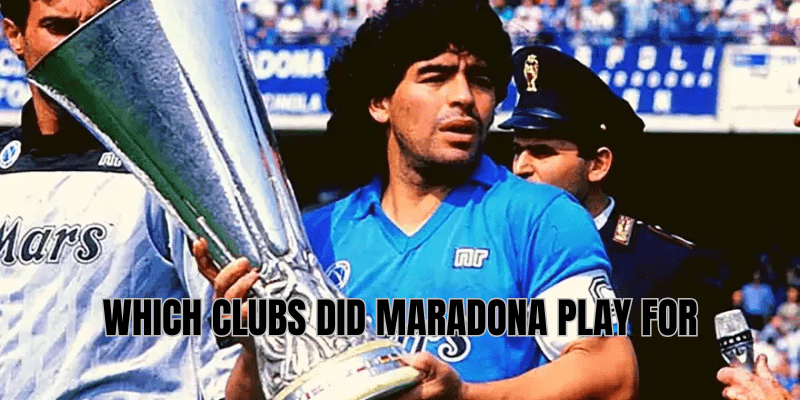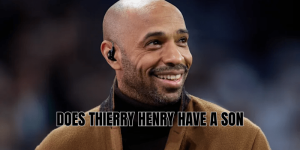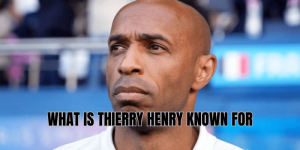Which clubs did Maradona play for is a question loaded with history, drama, and legend. TigerKick invites you on a journey across continents as we retrace the club career of Diego Armando Maradona—an odyssey of genius, controversy, triumphs, and tribulations.
The Argentine roots: Argentinos Juniors and First Boca spell
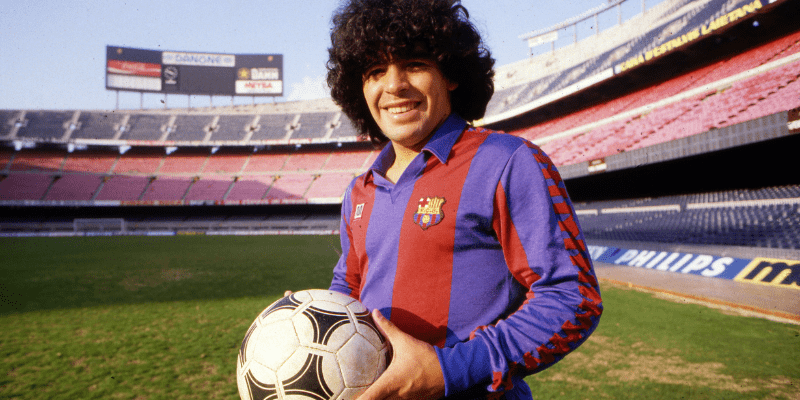
Diego Maradona’s first professional home was Argentinos Juniors, where he debuted in October 1976, just ten days before his 16th birthday. He would become the club’s prodigy, tallying 166 appearances and 116 goals by 1981. In those years, his dribbles, flair, and goal sense caught the world’s eye.
In 1981, he made a seismic move to Boca Juniors, one of Argentina’s giants. During his first stint at Boca
Thus, in Argentina, the clubs Maradona represented in his playing career include Argentinos Juniors and Boca Juniors (twice, in fact—early in his career and then late).
The European chapter: Barcelona, Napoli, Sevilla
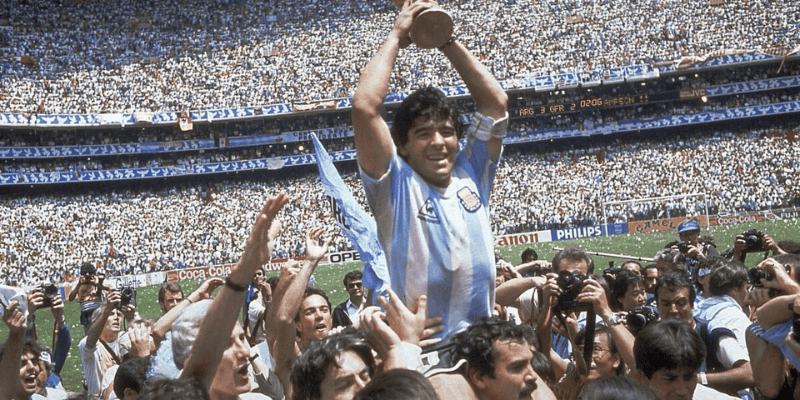
Barcelona (1982–1984)
After the 1982 World Cup, the world’s highest transfer bid (then) brought Maradona to FC Barcelona. Over two seasons, he played 36 league games, scoring 22 goals (in La Liga), and contributed to wins in Copa del Rey and Copa de la Liga.
Though hampered by injuries and controversy (notably a severe bout of hepatitis), his flair remained undeniable. During his time there, he was even applauded by Real Madrid fans after a dazzling dribble goal in the Bernabéu.
Napoli (1984–1991)
This is the kingdom where Maradona ascended to iconic status. SSC Napoli was a club without major silverware before his arrival, and Maradona transformed both club and city. In 188 Serie A games, he scored 81 goals.
Under his leadership, Napoli won:
- Serie A: 1986–87, 1989–90
- Coppa Italia: 1986–87
- Supercoppa Italiana: 1990
- UEFA Cup: 1988–89
His synergy with forward partners (Bruno Giordano, Careca) earned the attacking line the nickname “Ma-Gi-Ca.”
Sevilla (1992–1993)
After turbulent times in Italy (injuries, suspensions, off-field controversy), Maradona moved to Spain again—this time to Sevilla FC. He made 26 appearances in La Liga, scoring 5 goals.
His time in Sevilla was short-lived and less impactful than in Napoli or Barcelona, but it remains part of his European journey.
Return, twilight and farewell: Newell’s & Boca again
Newell’s Old Boys (1993–1994)
In 1993, Maradona came back to Argentina and joined Newell’s Old Boys for a brief spell. He played 5 matches but failed to score.
Final Boca spell (1995–1997)
Then came his final playing chapter—back at Boca Juniors. Between 1995 and 1997, Maradona featured in approximately 30 appearances, scoring 7 goals. These were emotional years, with the legend closing the loop in his homeland’s biggest stage.
Chronological summary: all clubs, all years
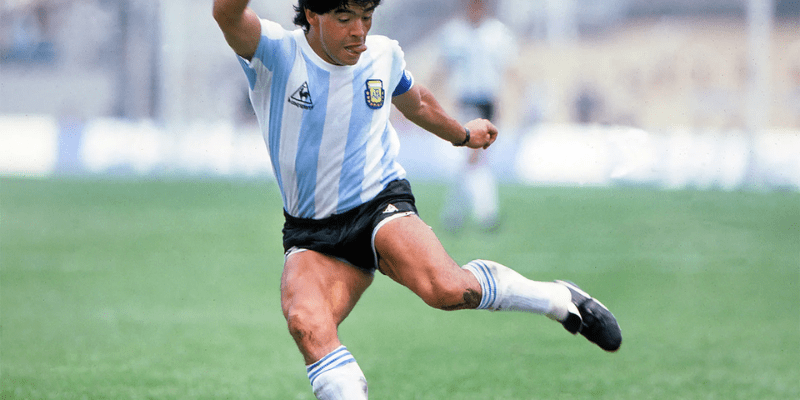
Below is a consolidated sequence of the clubs which Maradona played for in his senior career:
| Years | Club | Notes & Highlights |
| 1976 – 1981 | Argentinos Juniors | Debut club, 166 apps, 116 goals |
| 1981 – 1982 | Boca Juniors | First spell, Argentine title |
| 1982 – 1984 | Barcelona | Spanish move, cup wins |
| 1984 – 1991 | Napoli | Legendary peak, multiple trophies |
| 1992 – 1993 | Sevilla | Spanish return, modest impact |
| 1993 – 1994 | Newell’s Old Boys | Brief return to Argentina |
| 1995 – 1997 | Boca Juniors | Final chapter in Argentina |
Total senior caps across clubs: ~491, total club goals: ~259 in official league play.
The club impact: footprints and legacy
Transformational force in Naples
No club name is more synonymous with Maradona than Napoli. Before his arrival, the city’s footballed identity was modest. After his era, he became myth inside Italian football culture. The club retired the number 10 jersey in his honor and renamed their stadium Stadio Diego Armando Maradona.
His influence went beyond trophies—he catalyzed belief in the South of Italy, and his bond with the local fanbase is legendary.
Argentina love: Boca and memories
He began and ended his career in Argentina with Boca Juniors, the club loved by many but sometimes divided by numbers. His first spell brought a league trophy; his return brought sentimental value if not silverware.
European spectacles
In Barcelona, Maradona displayed technical brilliance in a high-profile league. In Sevilla, though less spectacular, he exhibited his ambition to continue in Europe, even in the twilight of his prime.
The fleeting Newell’s stint
Newell’s was a short, almost cameo-like entry in his return to homeland football. It had low impact, but it is part of the narrative—Maradona’s life and career never were short of intrigue.
Beyond the pitch: Off-field drama
Maradona’s club journey was never just about goals and matches. His moves were often tied to conflict, passion, politics, and personal struggles:
- Napoli ban and controversies: His tenure in Naples, while fruitful on paper, ended in controversy and suspension, particularly tied to substance issues.
- Health and personal challenges: Injuries, weight, and addictions periodically interrupted his brilliance.
- Transfers that broke records: His move to Barcelona in 1982 and then Napoli in 1984 broke world transfer records at the time.
- Return home motivations: Cultural pull, family, and desire to end in his native land drove his last moves.
These off-field factors made his story richer—and more volatile.
Why fans keep asking “Which clubs did Maradona play for?”
This question echoes because Maradona’s journey wasn’t just a linear career—it was a tapestry. Each club represents a chapter: the teenage genius in Argentinos, the homecoming at Boca, the European show in Barcelona, the crowning glory in Naples, the final returns and farewells.
By mapping out which clubs did Maradona play for, we trace his evolution as player, myth, and legend. His name will forever be tied to those clubs—not just on score sheets, but in culture, memory, and loyalty.
Conclusion
Which clubs did Maradona play for is not just a list—it’s the path of a legend. From Argentinos Juniors to Boca Juniors, Barcelona, Napoli, Sevilla, a brief stop at Newell’s Old Boys, and back to Boca, his club career traces peaks of genius, depths of challenge, and a legacy that transcends trophies.
For readers seeking more—player stats, match reviews, deepest dives on Maradona’s Napoli years, or comparisons to today’s legends—TigerKick will be here. Dive in, explore, and let Diego’s journey inspire your passion for the game.
